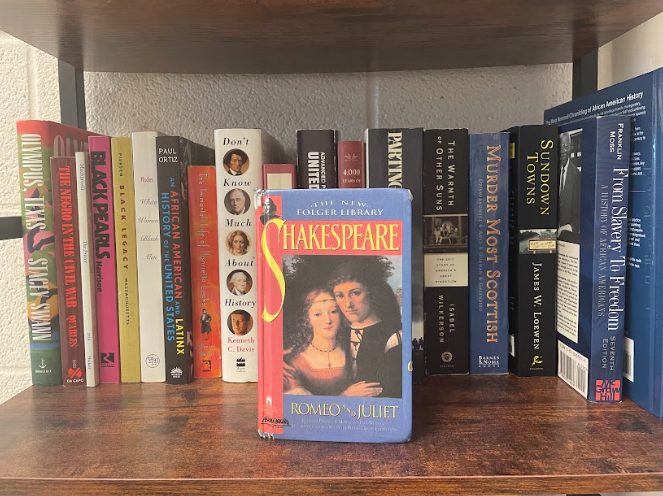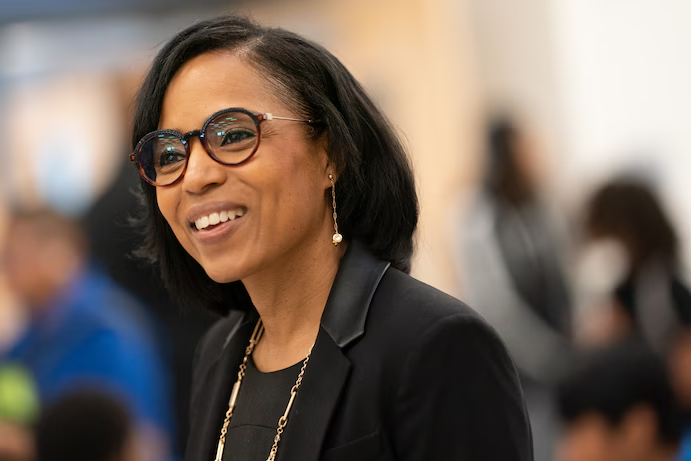Junior Jackie Spang emerges from the bustle of the World Language hallway after sixth period, phone in hand. She surveys the area around her and, not detecting any nearby security guard, she proceeds to send a text to her friend. When she looks up after hitting “send,” she finds herself face-to-face with security guard Jerry Combs, who is known to be the school’s most notorious anti-phone activist.
The two go through the familiar steps: he confiscates her phone and asks her to write down her name, grade and ID number. Because this is her first offense, she is able to retrieve her phone from the security office at the end of the day. If this had been her second offense, the security office would have held on to her phone until her parents came to pick it up. If it had been her third offense, she would have been required to have a conference with administrator John Taylor.
The process is a hassle to student, parent, administrator and security officer alike. Fortunately, students no longer need to worry about being caught using their cell phone in the hallway between classes.
“I’m glad the new cell phone policy is in place because it was really unnecessary,” Spang said.
Thanks to CHS’s revised electronic devices policy, which went into effect Nov. 4, students are now permitted to use electronic devices in between classes as well as before school, after school and during lunch.
“We’re not confiscating cell phones between classes,” security team leader Terry Bell confirmed.
This new policy will remove a huge point of contention between security guards and students: the fight over phone use.
“I am elated; it’s fantastic,” Combs said. “Now, I don’t have to be the brunt of attitude, excuses, whining, inappropriate behavior and sometimes belligerent verbal abuse by those who feel they are above following policy and rules.”
This new policy was formed based on feedback from the Leadership Team, resource teachers and departments.
“We decided there wasn’t a reason not to have it in the hallways,” Taylor said.
The new policy also states that teachers and instructional staff may authorize the use of electronic devices during class time, whereas before, the rules banned any cell phone use in class.
Quantitative Literacy teacher James Collins plans to use this opportunity to his advantage.
“In my Quantitative Lit. class, this opens up the opportunity for me to creatively show students how to use mobile devices to access mathematical calculators and information,” Collins said.
According to English teacher Haroot Hakopian, this new policy may cause confusion: students may question if they are allowed to use the cell phone in the classroom as long as the bell has not rung yet, or if they have to put away all electronic devices before entering the classroom no matter what time it is.
However, he believes that as soon as each teacher clarifies how he or she plans to enforce the rule, there will be no problem.
Some teachers will not consider allowing electronic devices during class time.
“I’m not allowing students to use cell phones in my classroom,” math teacher Curtis Southworth. “I think it’s too confusing to the students if sometimes you can, sometimes you can’t.”
According to Taylor, the administration is simply trying to take advantage of the resources that students have access to.







